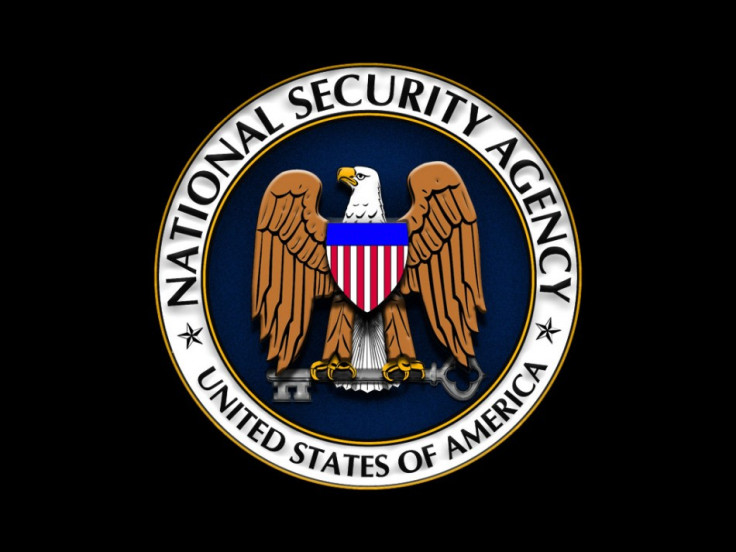Anonymous Accuse NSA of Fear Mongering

Anonymous hackers have lashed out at NSA comments suggesting it would soon be able to bring about limited power outages using cyber attacks.
Responding to comments allegedly made by the director of the National Security Agency (NSA) General Keith Alexander to The Wall Street Journal, numerous Twitter accounts associated with Anonymous tweeted messages accusing the agency of fear mongering.
"Why would Anons shut off a power grid? There are ppl on life support / other vital services that rely on it. Try again NSA. #FearMongering." read one tweet from YourAnonNews.
Citing people familiar with the matter as its source, The Wall Street Journal reported that Alexander had made the comments during meetings at the White House and a number of other private sessions.
The publication claimed that Alexander had expressed concerns that Anonymous would be able to disrupt power supplies. Alexander had previously publicly expressed concerns about cyber criminals' abilities to disable or even damage computer networks.
The concerns expressed by Alexander refer to the numerous high profile cyber attacks Anonymous has mounted across the world. On multiple occasions the hacktivist collective has successfully breached high-profile companies, law enforcement and military organisations including the FBI, Soca and numerous military contractors.
Alexander's comments come just after Anonymous promised to make a "massive" announcement by the end of the week. The statement was made on Tuesday, stemming from the YourAnonNews Twitter account. While remaining vague about the details, the account posted an ominous tweet promising a large announcement was coming.
"Stay tuned for a MASSIVE announcement from #Anonymous, coming later this week," read YourAnonNews's tweet. Following the message numerous other Anons - the name Anonymous members use to refer to themselves - retweeted the message.
The NSA has not responded to the International Business Times UK's requests for comment on The Wall Street Journal's article.
© Copyright IBTimes 2025. All rights reserved.





















